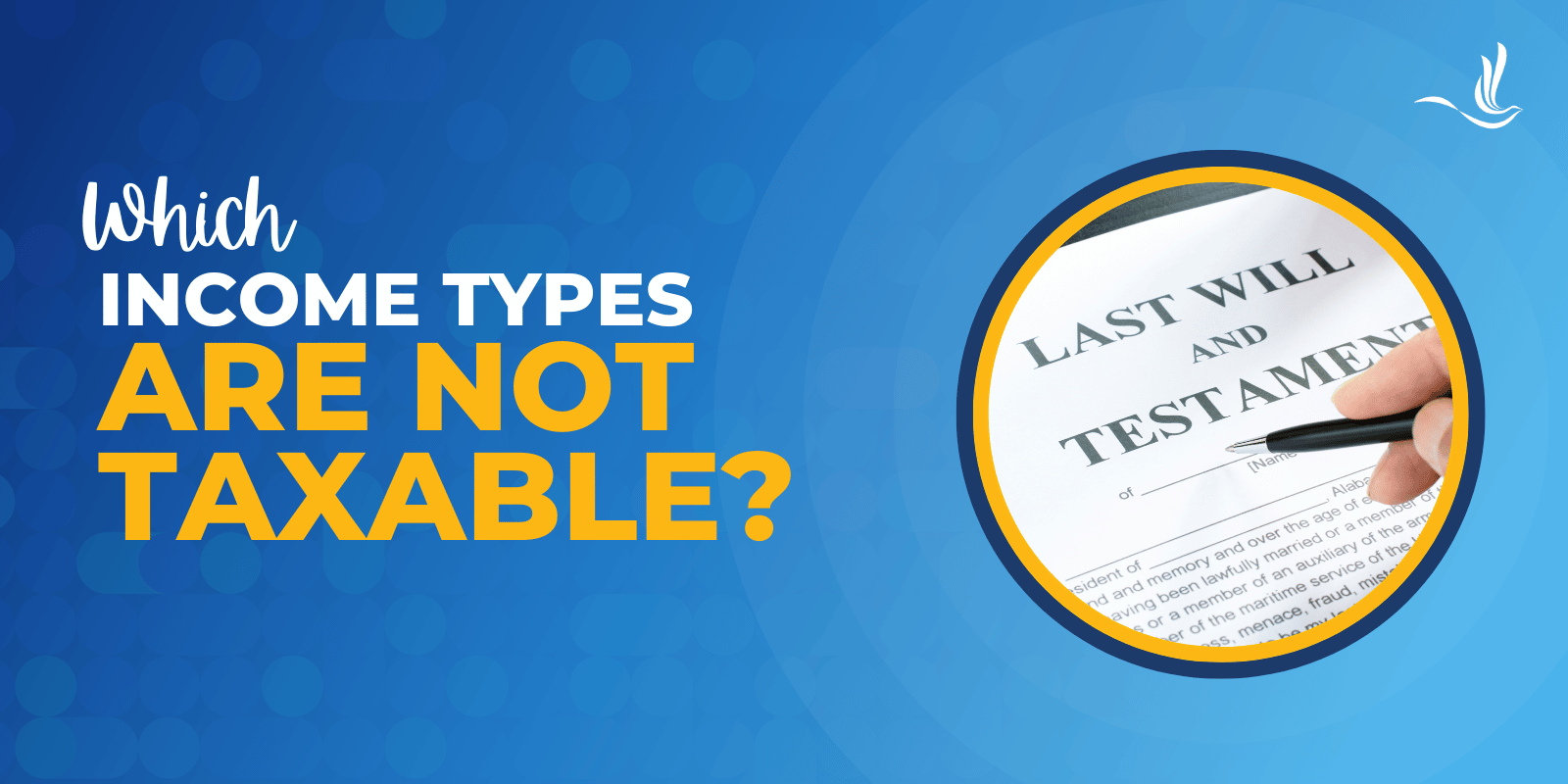Taxes are an integral part of our financial lives, but not all income is subject to taxation. Understanding which income types are taxable and which are not can help you make informed financial decisions and potentially reduce your tax burden. In this article, we’ll explore various income sources that are not taxable, shedding light on some lesser-known exemptions.
Gifts and Inheritance
Gifts and inheritances are generally not considered taxable income for the recipient. If your wealthy aunt leaves you a sizable inheritance, you won’t have to pay income tax on that windfall. However, some exceptions and nuances may apply. For example, there is a federal estate tax for very large estates, but it generally doesn’t affect the average person.
Life Insurance Proceeds
The death benefit paid out by a life insurance policy to a beneficiary is typically not subject to income tax. This is true for both term and permanent life insurance policies. However, if you cash in your life insurance policy while you’re still alive and receive more than the total premiums paid, the excess amount may be taxable.
Scholarships and Grants
Scholarships and grants used for qualified education expenses, such as tuition, books, and fees, are usually not taxable. However, if you use the funds for non-qualified expenses like room and board, they may become taxable income.
Child Support Payments
Child support payments received from your ex-partner are not considered taxable income. On the flip side, the parent making these payments generally cannot deduct them from their taxable income.
Return of Capital
If you sell an investment, like stocks or real estate, for the same amount you originally paid or less, the proceeds are considered a return of capital and are not subject to income tax. However, any gains from the sale of investments are typically taxable, unless they qualify for specific capital gains tax exclusions or reductions.
Municipal Bond Interest
Interest income from municipal bonds is typically exempt from federal income tax. In some cases, it may also be exempt from state and local taxes if you reside in the issuing state or locality. This tax advantage is designed to encourage investment in local infrastructure projects.
Disability Benefits
Disability benefits, whether from a private insurance policy or a government program like Social Security Disability Insurance (SSDI), are generally not taxable. However, there are exceptions when disability benefits can become taxable, such as if you receive substantial additional income from other sources while receiving disability payments.
Roth IRA Distributions
Distributions from Roth Individual Retirement Accounts (IRAs) are usually not taxable as long as certain conditions are met. Generally, you must be at least 59½ years old and have held the account for at least five years. Contributions to a Roth IRA are made with after-tax dollars, so qualified withdrawals are tax-free.
Conclusion
Understanding which income types are not taxable is essential for managing your finances and optimizing your tax liability. While many types of income are taxable, these exemptions can offer financial relief and peace of mind. However, tax laws can be complex and subject to change, so it’s wise to consult with a tax professional or financial advisor to ensure you’re correctly interpreting and applying these rules to your specific situation. By staying informed and making strategic financial decisions, you can legally minimize your tax obligations and keep more of your hard-earned money. For a full list of taxable and nontaxable income types, you can view IRS Publication 525. Optima Tax Relief is the nation’s leading tax resolution firm with over a decade of experience helping taxpayers with tough tax situations.
If You Need Tax Help, Contact Us Today for a Free Consultation
